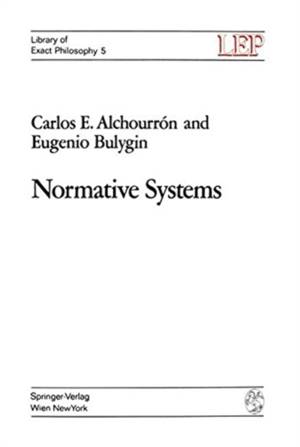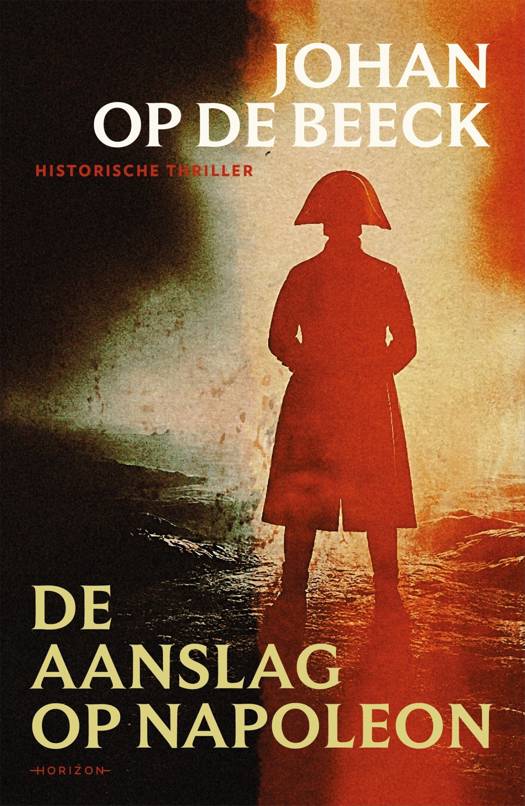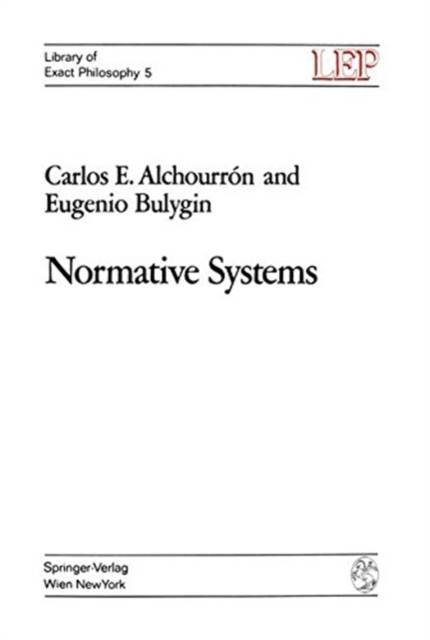
- Afhalen na 1 uur in een winkel met voorraad
- Gratis thuislevering in België vanaf € 30
- Ruim aanbod met 7 miljoen producten
- Afhalen na 1 uur in een winkel met voorraad
- Gratis thuislevering in België vanaf € 30
- Ruim aanbod met 7 miljoen producten
Zoeken
Omschrijving
In consequence of an increased interest in problems relating to human action, normative concepts have been much discussed by philosophers and logicians in the past twenty years. Deontic logic, which deals with the normative use of language and such normative concepts as obligation, prohibition and permission, has become one of the most intensively cultivated areas of formal logic. Important investigations have been carried out which have shed considerable light on various aspects of the normative phenomenon and a great number of different systems of deontic logic have been developed. This progressive proliferation of deontic logics not only shows the great interest of logicians in normative discourse, but also reflects a basic perplexity: the lack of suitable criteria of adequacy for the interpretation of deontic calculi and hence difficulty in decid ing which of the systems provides the best reconstruction of the underlying normative concepts and can therefore be applied with the most fruitful results. This difficulty is so great that some authors have even expressed doubts about the practical usefulness of deontic logic. One of the sources of this perplexity lies in the absence of a well established pre-analytical basis for formal studies. It is sometimes even uncertain what the intuitive notions are that deontic logicians intend to reconstruct. In talking about obligations, prohibitions and permissions, they usually have in mind moral norms. But the choice of moral norm as an explicandum for the construction of a logic of norms has several disadvantages.
Specificaties
Betrokkenen
- Auteur(s):
- Uitgeverij:
Inhoud
- Taal:
- Engels
- Reeks:
- Reeksnummer:
- nr. 5
Eigenschappen
- Productcode (EAN):
- 9783709171202
- Uitvoering:
- Paperback
- Afmetingen:
- 155 mm x 235 mm

Alleen bij Standaard Boekhandel
+ 158 punten op je klantenkaart van Standaard Boekhandel
Beoordelingen
We publiceren alleen reviews die voldoen aan de voorwaarden voor reviews. Bekijk onze voorwaarden voor reviews.











